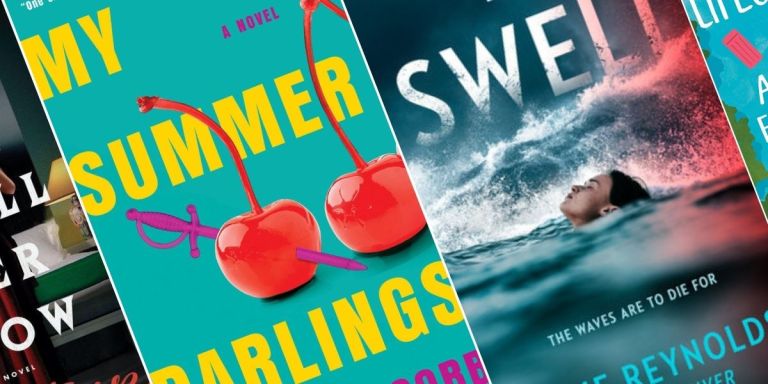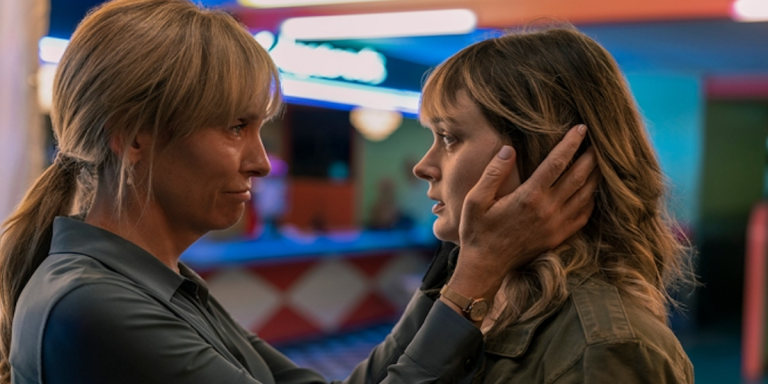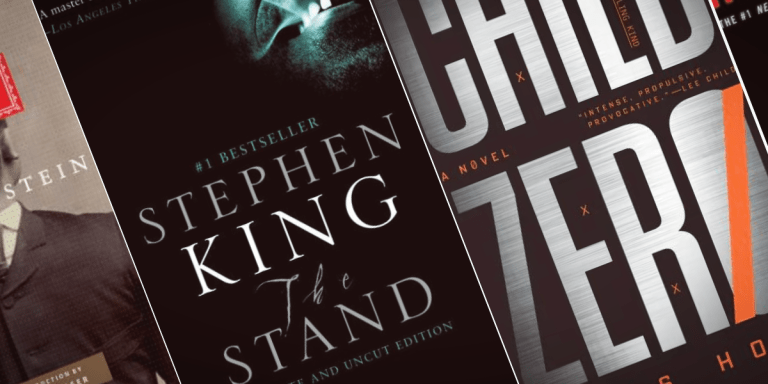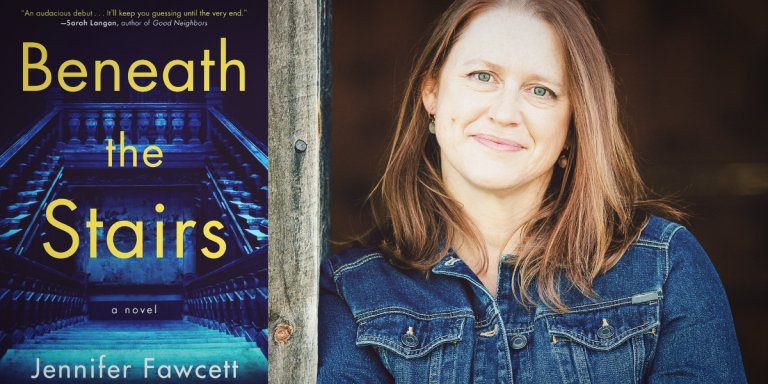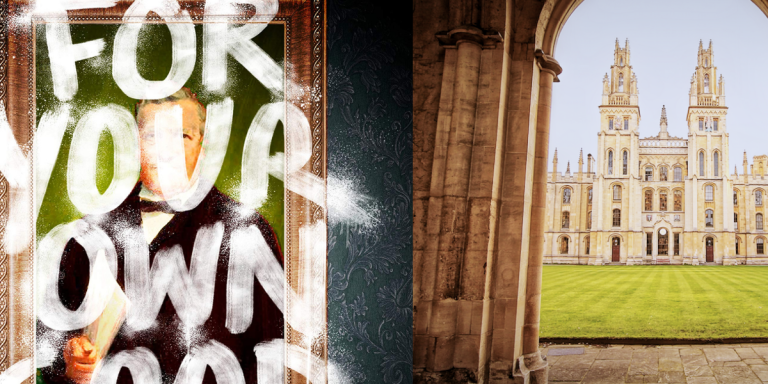The Medical Thriller: Tess Gerritsen on Writing Rizzoli & Isles
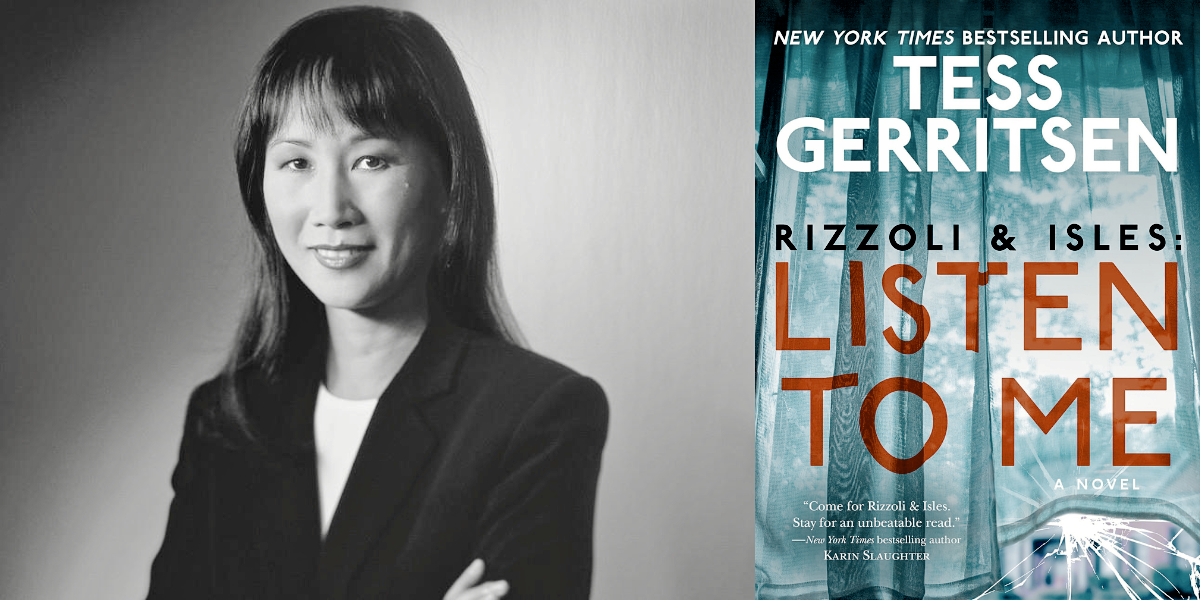 It’s safe to say writing has always been with you. You wrote your first book as a young child. Since that first encounter with writing, how has your process evolved and how have your experiences as a medical professional shaped the way you tell stories?
It’s safe to say writing has always been with you. You wrote your first book as a young child. Since that first encounter with writing, how has your process evolved and how have your experiences as a medical professional shaped the way you tell stories?
TG: Over the years, what’s evolved for me hasn’t been how I write, but rather my comfort with the process. Decades ago, I had a whopping case of “second-book syndrome” and it took me over two years to write that novel. Since then, I’ve learned to let the first draft be a mess, because the story can and probably will change. I’ve learned to be okay with uncertainty because I know the solutions WILL come to me … eventually. In my current project, for instance, I’ve been struggling with some plot problems. Months have gone by since I started this book, and I’ve been writing scenes that I know I’m going to have to toss. But this morning, I woke up with a solution. And that feels good. And it makes me want to jump right back into the project.
My medical background has been useful primarily as source material, and to inject authenticity into medical scenes. When I was writing medical thrillers, it also reassured publishers and readers that I knew what I was writing about (for the most part!). But I can’t say that being a doctor has made me a better writer.
Listen to Me, on sale July 13th, will be book 13 in the Rizzoli & Isles series. In this book, Boston medical detective Jane Rizzoli and medicial examiner Maura Isles find themselves in the midst of another murder mystery while sinister happenings start raising the eyebrows of those closer to home. For those who are new to Rizzoli & Isles, can you take us back to the first book in this series, The Surgeon, and tell us how it all got started?
TG: I was writing medical thrillers at the time, and a character popped into my head: a woman surgeon who seems to be in complete control of her life, while on the inside she’s an emotional wreck. What happened in her past that so scarred her? What is she still terrified of? And what if the terror that haunts her now rears its head again in her new life? It started as a medical thriller, and morphed into a crime novel. In the course of the story, I introduced Det. Jane Rizzoli, one of the homicide investigators in the case. I envisioned Jane as merely a minor character, but she soon became my favorite character. By the end of The Surgeon, I knew Jane would take the lead in my next book, The Apprentice, where Dr. Maura Isles makes her first appearance. And that’s how the “Rizzoli & Isles” series was born.
Where is the most unlikely place that you’ve found inspiration?
TG: My teenage son! He was fourteen when he and his friends got into some mischief in a local boatyard. My husband and I were dumbfounded that a boy who’s normally a good kid could get into trouble. We took him to a counselor, who reassured us that this was not at all unusual for a 14-year-old boy, and that his being caught was a good thing; it taught him there are consequences for his actions. As a mom, I was in shock. And as a writer, of course I turned it into a story (Bloodstream). It’s about a small town in Maine where all the kids suddenly turn violent, even homicidal. A woman doctor who’s just moved to town has to confront not only the town’s prejudices against her, but also this crisis that’s growing more and more bloody and is now moving close to home–to involve her own teenage son.
For the most part, you have written your books alone. However, that’s not the case for one of your most recent releases Choose Me, which you co-authored with Gary Braver. How was co-authoring different from writing solo? Any takeaways? Did you learn anything new about your own writing rituals or processes working on Choose Me? And, of course, would you do it again?
TG: Choose Me was hatched at a bookstore cocktail party. I’ve known writer Gary Braver for years and over drinks around Christmas time, we talked about the #MeToo movement, and how it might be interesting to write about an illicit affair from both the male and the female perspective. I thought that to truly capture that he said/ she said authenticity, it should be written by both a man and a woman. Gary loved the idea, that’s how the collaboration got started. We knew it would open with the murder of the woman, but we had no idea where the story would go from there, or who the killer was. He’d write a chapter from the male POV and email it to me, and I’d respond with the female POV. Our characters tortured each other in this story!
It was a very different process for me, and it took twice for me to write as long as any of my solo books, because we were juggling different possibilities for who the killer was. What I did learn was that it’s okay to write a story in discrete and unconnected scenes and that it would still turn out okay. But I’m much more comfortable writing solo.
It may be unfair to ask but we have to know, do you have a favorite book you’ve worked on throughout your writing career?
TG: Gravity is my favorite. Not only because it allowed me to delve into a wholly unfamiliar subject (the space program) but also because I just loved that story and the characters, and the global scope of the crisis (we’re talking about a plague from space and the future of humanity!). I relished the challenge of making an off-world thriller believable.
There’s a lot of information and interviews out there discussing you as a writer—your process, inspiration, and everything in between—but what about you as a reader? For you what makes a mystery & thriller unputdownable?
TG: The characters. Truly. I don’t care much about action and bloodshed; I want to see people in crisis – people I can relate to, even if they’re very different from me. And the crisis doesn’t even have to be earth-shattering, it just needs to be something that makes me think “I need to know this character will be okay.”
In 2013 you participated in a panel with Michael Robotham about plotting the perfect crime, you rightfully pointed out how men and women write and read crime fiction differently than their male counterparts. Do you still believe that women are more likely to imagine themselves as the victim of a story as opposed to the cop or hero? Can you elaborate on how you’ve found women connect with stories differently than men and how that’s informed your writing?
TG: I can’t speak for all women, only for myself. I’m not very interested in action on the page; I’m much more attuned to the emotional ups and downs of characters and I enjoy the nuances and subtext of clever dialogue. I’m not entertained by car chases and gun battles. Give me emotional conflict!
Where can people go when they ultimately finish Listen to Me and want more Rizzoli & Isles? What’s next for Rizzoli & Isles?
TG: I don’t know what’s next. My characters will have to tell me!
About the Book
Boston homicide detective Jane Rizzoli and medical examiner Maura Isles are newly plagued by what seems like a completely senseless murder. Sofia Suarez, a widow and nurse who was universally liked by her neighbors, lies bludgeoned to death in her own home. But anything can happen behind closed doors, and Sofia seemed to have plenty of secrets in her last days, making covert phone calls to traceless burner phones. When Jane finally makes a connection between Sofia and the victim of a hit-and-run from months earlier, the case only grows more blurry. What exactly was Sofia involved in? One thing is clear: The killer will do anything it takes to keep their secret safe.
Meanwhile, Angela Rizzoli hasn’t had a decent night’s sleep in all the years since her daughter became a homicide detective. Maybe the apple didn’t fall too far from the tree: Nothing in Angela’s neighborhood gets by her—not the gossip about a runaway teenager down the block and definitely not the strange neighbors who have just moved in across the street. Angela’s sure there’s no such thing as coincidence in her sleepy suburb. If only Jane would listen—instead she writes off Angela’s concerns as the result of an overactive imagination. But Angela’s convinced there’s a real wolf in her vicinity, and her cries might now fall on deaf ears.
By clicking 'Sign Up,' I acknowledge that I have read and agree to Hachette Book Group’s Privacy Policy and Terms of Use
What to Read Next
